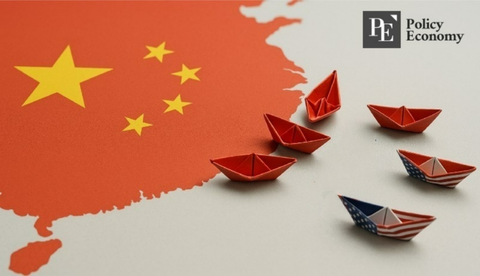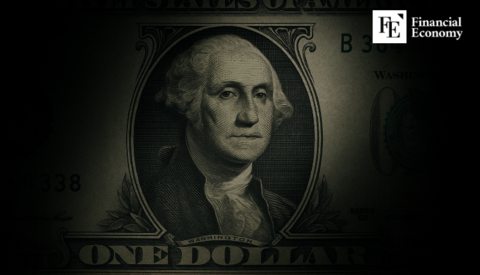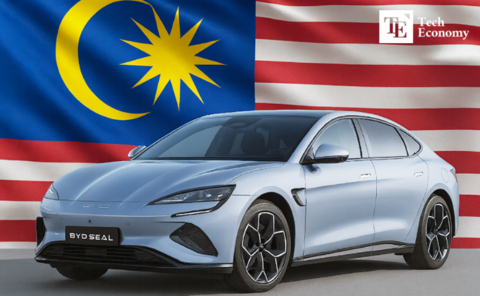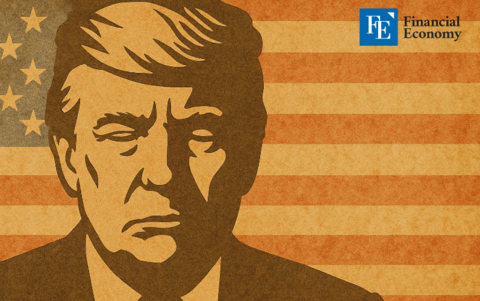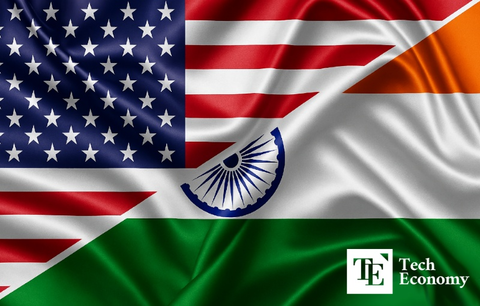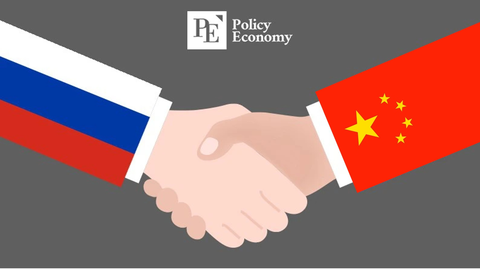China’s Post-War Ambitions in Ukraine: Peacekeeper or Power Player?
Input
Changed
China’s Peacekeeping Proposal: Global Leadership or Strategic Leverage? Europe’s Dilemma: Relief or Risk? Cultural Barriers and Public Perception in Ukraine
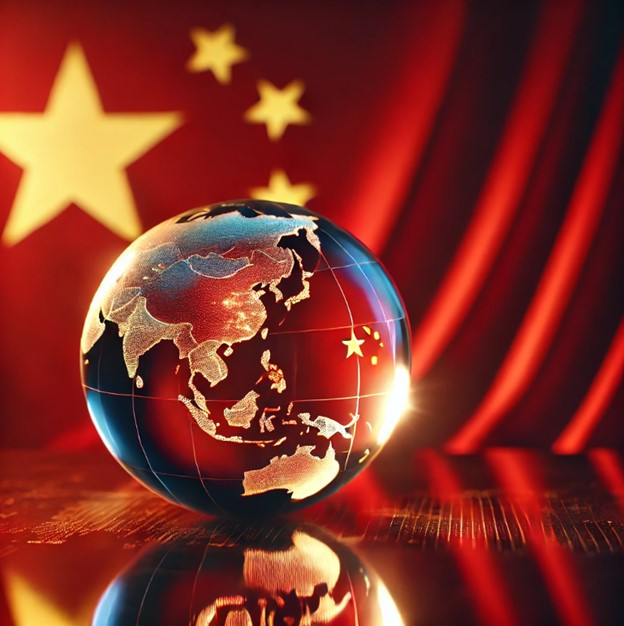
China’s Peacekeeping Proposal: Global Leadership or Strategic Leverage?
As the war in Ukraine inches toward a possible diplomatic resolution, an unlikely player has stepped forward, seeking a more prominent role in Europe’s post-war future: China. Beijing has signaled its willingness to assist in Ukraine’s reconstruction and, according to some reports, even participate in a multinational peacekeeping force. Though the Chinese government has since denied intentions to send troops, the mere speculation of a Chinese military presence in Europe has ignited both hope and concern across diplomatic circles.
If realized, such a move would represent a historic turning point—not only for Ukraine but for China's global posture. For a country that has long emphasized non-intervention and soft power diplomacy, deploying peacekeeping troops in a European conflict zone would mark a dramatic shift in foreign policy, positioning China as a new kind of global leader, one capable of projecting power far beyond Asia.
China's interest in Ukraine's post-war recovery isn't new. Through initiatives such as the Belt and Road Initiative (BRI), Beijing has steadily extended its influence across Central Asia, the Middle East, and parts of Africa by investing in infrastructure and offering development aid. Ukraine's shattered cities, broken logistics networks, and fractured economy present an opportunity for China to export this model into Europe, offering loans, engineers, and construction firms in exchange for long-term political goodwill and economic leverage.
However, what’s new—and far more controversial—is the idea of China sending peacekeepers into Ukraine. Though China has contributed to UN peacekeeping operations in Africa and the Middle East, Europe has always remained outside its military footprint. A Chinese military presence on European soil would send a powerful message: Beijing is ready to play on the same geopolitical stage as Washington and Brussels—not just as a financier, but as a stabilizing military force.
For Beijing, this image boost could be invaluable. A visible peacekeeping role could elevate China's international reputation as a responsible global power, counterbalancing years of criticism over its handling of Taiwan, Hong Kong, and the South China Sea. It may also serve a strategic function: softening the perception of China in skeptical European capitals while normalizing its military as a tool of diplomacy and peace.
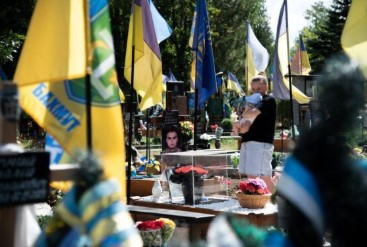
Europe’s Dilemma: Relief or Risk?
From the European perspective, China’s potential involvement is both tempting and troubling. As war fatigue spreads across the continent and defense budgets remain stretched, the idea of a non-NATO power stepping in to shoulder part of the post-war security burden in Ukraine may look attractive.
If China were to send troops—under a UN or EU-led framework—it could offer European powers a convenient off-ramp. Rather than maintain costly military deployments in Eastern Europe, countries like Germany, France, and Italy could reallocate resources to domestic priorities, climate goals, or economic recovery. In essence, Europe could "outsource" peacekeeping to China while maintaining diplomatic oversight.
That may be exactly what Beijing wants. By framing its involvement as benevolent and cost-saving, China subtly shifts the balance of power. It inserts itself into Europe's security architecture without firing a shot or signing a treaty, gradually embedding its military and political influence into a continent where it previously had little strategic depth.
But while the diplomatic payoff could be large, the costs for China would also be significant. Deploying troops abroad requires logistics, political will, and massive funding—not to mention the risk of casualties in a foreign conflict with deep ethnic and historical tensions.
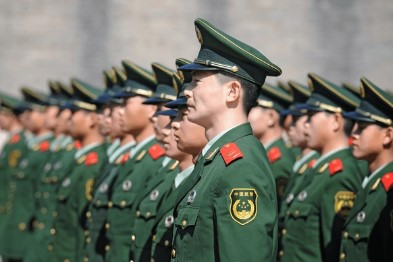
Cultural Barriers and Public Perception in Ukraine
Beijing would need to weigh the benefits of global prestige and long-term influence against the immediate expense of maintaining troops thousands of kilometers away. There are also domestic considerations. Would the Chinese public support such an ambitious deployment, especially given ongoing economic challenges and slowing growth at home?
Still, China has proven adept at calculating long-term value. A limited deployment under a peacekeeping umbrella could offer a relatively low-risk, high-visibility way to assert itself without appearing imperialistic. The cost-benefit equation likely includes several layers: economic contracts for reconstruction, influence over Ukrainian policy, and soft power gains in Europe.
For a country that plans decades ahead, these potential returns may be more than worth the price.
While diplomatic planners in Beijing and Brussels may see logic in Chinese involvement, not everyone on the ground would welcome the sight of a Chinese flag flying over a Ukrainian outpost.
There is a hard truth often ignored in high-level negotiations: many Ukrainians harbor deep, often unspoken, prejudices against outsiders—particularly from non-Western nations. Centuries of Eurocentric identity-building and Cold War loyalties have left scars and assumptions that are not easily erased.
Some analysts warn that an Asian military presence in Ukraine could provoke a strong, even hostile reaction from segments of the Ukrainian population. The cultural divide is wide, and the perception of a non-European army—regardless of its mission—could ignite political backlash, protests, and undermine the very peace such a deployment is meant to protect.
In some circles, the suspicion runs deeper. There is a lingering narrative among certain Ukrainian nationalists that frames non-European, especially Asian, intervention as foreign imposition—drawing disturbing parallels to how fascist ideologies once viewed Asians as outsiders to Western civilization.
In short, Beijing may find that even a well-intentioned peacekeeping mission is not welcomed as peacekeeping at all.
China’s emerging strategy in Ukraine reveals the new contours of 21st-century geopolitics. Gone are the days when only Western powers dictated the terms of peace and reconstruction. The war in Ukraine has opened a new diplomatic vacuum, and China is one of the few nations with the resources, ambition, and political coherence to fill it.
But with this ambition comes risk. Sending troops—even under the flag of peace—could trigger diplomatic backlash, financial strain, or worse, an entanglement in a volatile region with no guarantee of long-term stability. It could also inflame regional tensions and invite suspicion from NATO allies and Ukrainian civil society alike.
China must walk a narrow line. Too cautious, and it remains a peripheral actor in global diplomacy. Too bold, and it risks overextending itself in unfamiliar and politically sensitive terrain.
China's interest in post-war Ukraine is more than a matter of humanitarian concern—it is a carefully calculated move to enhance its global image and strategic influence. Whether through economic reconstruction or potential peacekeeping involvement, Beijing is playing a long game: one that blends soft power, military projection, and diplomatic maneuvering.
But the path ahead is fraught with complexity. The world may be adjusting to a multipolar order, but public sentiment, especially in Ukraine, remains wary of unfamiliar boots on the ground. The very presence of a Chinese peacekeeping force could prove destabilizing in ways that diplomats and analysts have yet to fully grasp.
In the end, the question is not simply whether China can play a role in Ukraine—but whether the world, and especially Ukraine itself, is ready for what that role entails. The answer may define not only the post-war future of Ukraine, but the next chapter in China’s rise as a global power.


